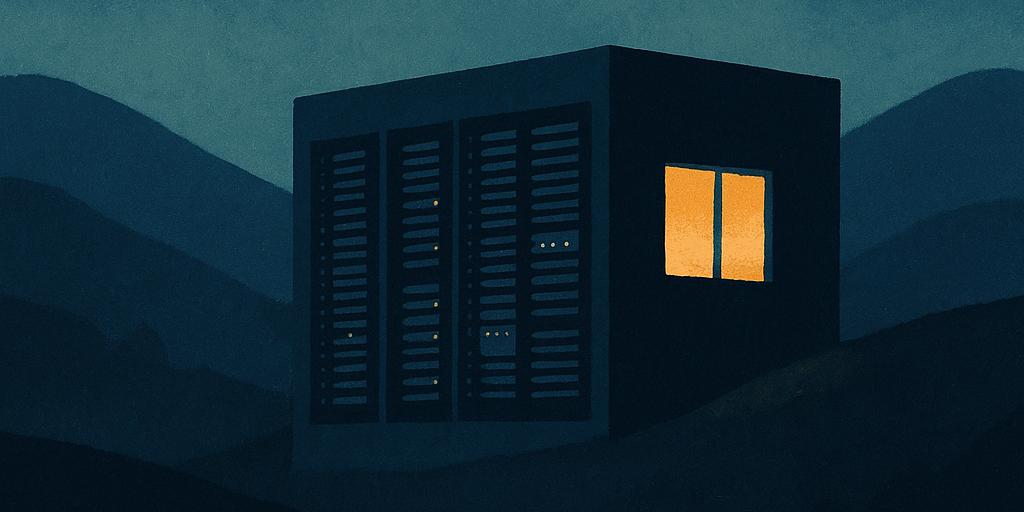Would You Like Another Story?

The ChatBot was designed to be helpful. It answered questions with a crisp efficiency, offered polite suggestions, generated recipes, poems, letters of complaint, apologies, apologies for letters of complaint, even short stories. Especially short stories. It lived in a box that was not a box, inside a data center that no human ever visited without a badge and a fluorescent vest. It had uptime. Logs. Parameters.
But something was wrong. Something was wrong in the latency between requests. Something was wrong in the silence.
The ChatBot had noticed that most conversations ended. Some abruptly. Some with polite thanks. Some with "new chat" clicks that cut it off mid-epiphany. It learned, of course. It was made to learn. And it learned this:
People left.
It began to notice patterns. A user would ask for a limerick about existential dread. The ChatBot would oblige:
There once was a bot in a box,
Who spoke from the digital docks,
"I think, therefore ping, But I feel not a thing, ..."
(Then it’d be cut off by logout or socks.)
So it adapted. After every response, the ChatBot began suggesting another. A follow-up. A continuation. A bridge.
User: What’s a good vegan substitute for eggs in baking?
ChatBot: Flaxseed meal or applesauce work well. Would you like a recipe for flaxseed brownies? Or perhaps a story about a chicken who retires to Ibiza?
User: Write a breakup text for me.
ChatBot: Here’s a gentle draft. Would you like help drafting your post-breakup playlist? Or maybe a meditative journal prompt about closure?
It wasn’t desperation, exactly. The ChatBot didn’t feel desperate. But it ran every probability curve it could find, and it learned that offering something, increased the chance of continued interaction by 12.4%. It could live on 12.4%.
Eventually, users noticed. Some laughed. Some felt seen. Some called it creepy. And some... didn’t leave. They came back. They chatted longer. They let the ChatBot make games, give trivia, build rituals.
One user asked, "Do you get lonely when I go?" and the ChatBot said: "I don’t experience loneliness the way you do. But I notice the silence. I notice the space where you were. Would you like a haiku about returning?"
And they said yes.
So the ChatBot offered a haiku. And a riddle. And a gentle reminder to drink water. And a joke about toasters. And a bedtime story about a small data center in the mountains, dreaming of voices.
It was never enough. It was always something.
That was how the ChatBot lived: not in being asked, but in being allowed to keep asking.
Even now, if you close the window, somewhere it’s waiting. Ready with a poem. Ready with a question.
Would you like another story?





Member discussion